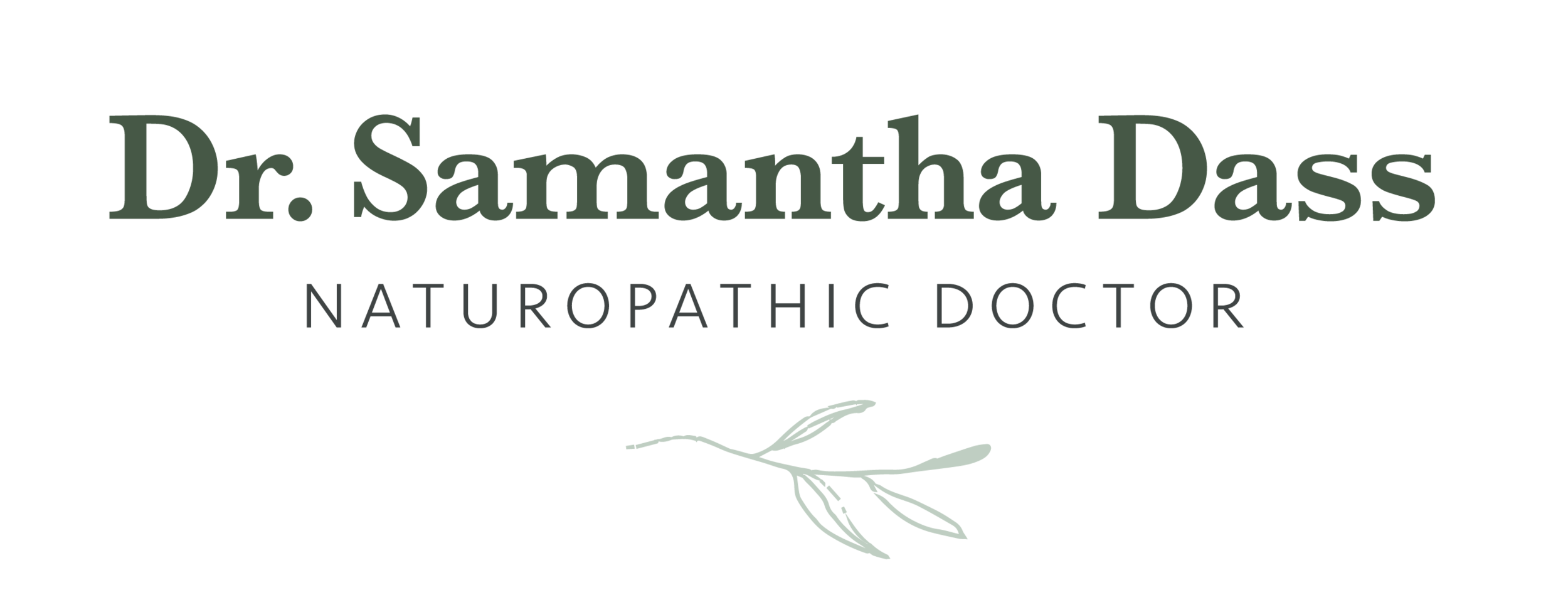In 2012, 2.8 million Canadians reported having symptoms of mental health conditions like depression. With the coldest and darkest time of the year looming ahead of us, many are being impacted by seasonal affective disorder. However, millions of people experience mood disorders completely unrelated to the season. For some, these dips in mood may not be severe enough to be considered clinical depression but they are still negatively impacting happiness and wellbeing. For others, their symptoms are consistent with clinical depression.
Though there are many causes of depression, scientists argue that our lifestyle may be contributing to the rise in depression in the modern world. We move less, eat more, connect less with loved ones, sleep poorly and often feel pressed for time. Depression, in turn can make you less interested in connecting with family and friends or doing the things you used to love. It’s frightening to lose that feeling of looking forward to something that once brought you joy or interest. When you’re depressed, it’s easy to feel like you may never get to experience that joy or excitement again – or that you never really did experience it in the past.
Medication and/or psychotherapy are important first line treatments to consider in cases of depression. But we should not stop there. Many researchers recommend including “lifestyle medicine” as part of a well-rounded, holistic treatment plan for depression. According to a paper published by BMC Psychiatry (PMID: 24721040), “lifestyle medicine” includes the following:
- Improving diet
- Physical exercise
- Recreation and leisure
- Relaxation and mindfulness/ meditation
- Improving sleep
- Improving environment (i.e. less exposure to pollution, chemicals, noise and more exposure to nature)
- Social time
- Reducing alcohol and smoking
Some of these concepts are still budding areas of research but the risk of trying them is low and your life will likely benefit in more ways than one for trying them. It has been argued that these interventions can improve depression by improving the health of your brain and hormones and by reducing inflammation (yes there is a connection between inflammation and depression).
As a naturopathic doctor, I recommend many of these treatments along with herbal medicine and acupuncture to my patients struggling with their mood. If a patient really needs medication, I never expect them to choose between medication or a naturopathic approach. With the right guidance, natural approaches can mesh perfectly well with medication. I also never expect a patient to change their lifestyle overnight. When mood and motivation are low it can be hard to make even the simplest changes to daily routines. Small, realistic steps are important to prevent discouragement.
With depression, the goal is not simply to numb the feelings of sadness but to move towards wellbeing and happiness. I want my patients to feel excited again about their lives, their family, their friends, their work and their ambitions. I believe a well-rounded, holistic approach to depression is key to getting closer to those goals.


